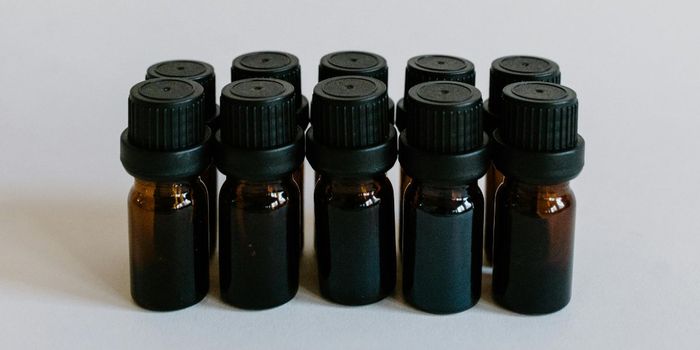New CBD Analog Outperforms Regular CBD for Pain Relief
Researchers from Temple University Health System have found that a novel cannabidiol (CBD) analog can reverse pain sensitivity and prevent chemotherapy-induced nerve damage in mice.
Opioids are highly addictive, and many study studies have found that in the long term, they are ineffective in controlling pain. As such, alternatives for pain management are crucial. Some have suggested CBD as a possible alternative. Although seemingly effective in animals, due to its low bioavailability, it seems to have limited success in humans.
To overcome CBD's poor bioavailability in humans, some are creating analogs of the substance. One such example is KLS-13019, developed by Pennsylvania-based bio-pharmaceutical company, Neuropathic, Inc. In cell models, they found that the compound is more potent than regular CBD. Studies in animals also suggested it had a better bioavailability.
As such, researchers at Temple University decided to test the compound’s pain-relieving qualities in animals with chemotherapy-induced peripheral neuropathy (CIPN). This condition is a common side effect of chemotherapy and involves damage of the peripheral nerves that carry sensory information to the arms, legs and brain. The severe pain caused by CIPN occurs in different ways, however is often felt as a burning sensation, numbness, weakness or discomfort in the limbs.
In their experiments, the researchers found that both CBD and KLS-13019 were able to prevent the development of mechanical sensitivity in animals with CIPN. However, they found that only KLS-13019 was able to reverse established mechanical sensitivity in animals with CIPN.
The researchers also noted that animals treated with KLS-13019 displayed reduced opioid-seeking behavior, something that did not occur for those treated with CBD.
This, say the researchers, indicates that KLS-13019 has benefits beyond pain. They also say that while KLS-13019 likely shares a mechanism with CBD for pain relief, it may have an additional mechanism of action that breaks up pathways reinforcing opioid use.
Now, in future work, the researchers aim to further explore how KLS-13019 works, especially in disrupting opioid-seeking behavior. They also intend to see whether the drug can alleviate other kinds of pain too, besides CIPN.
Sources: News Medical, BPS Pubs









